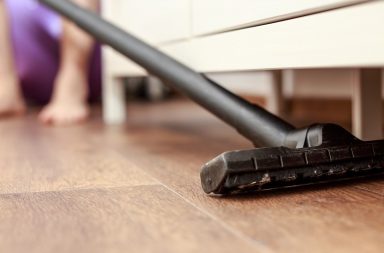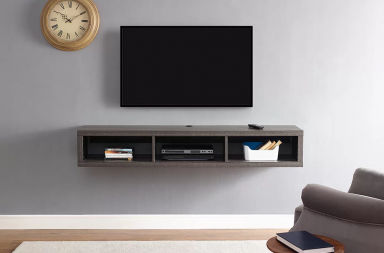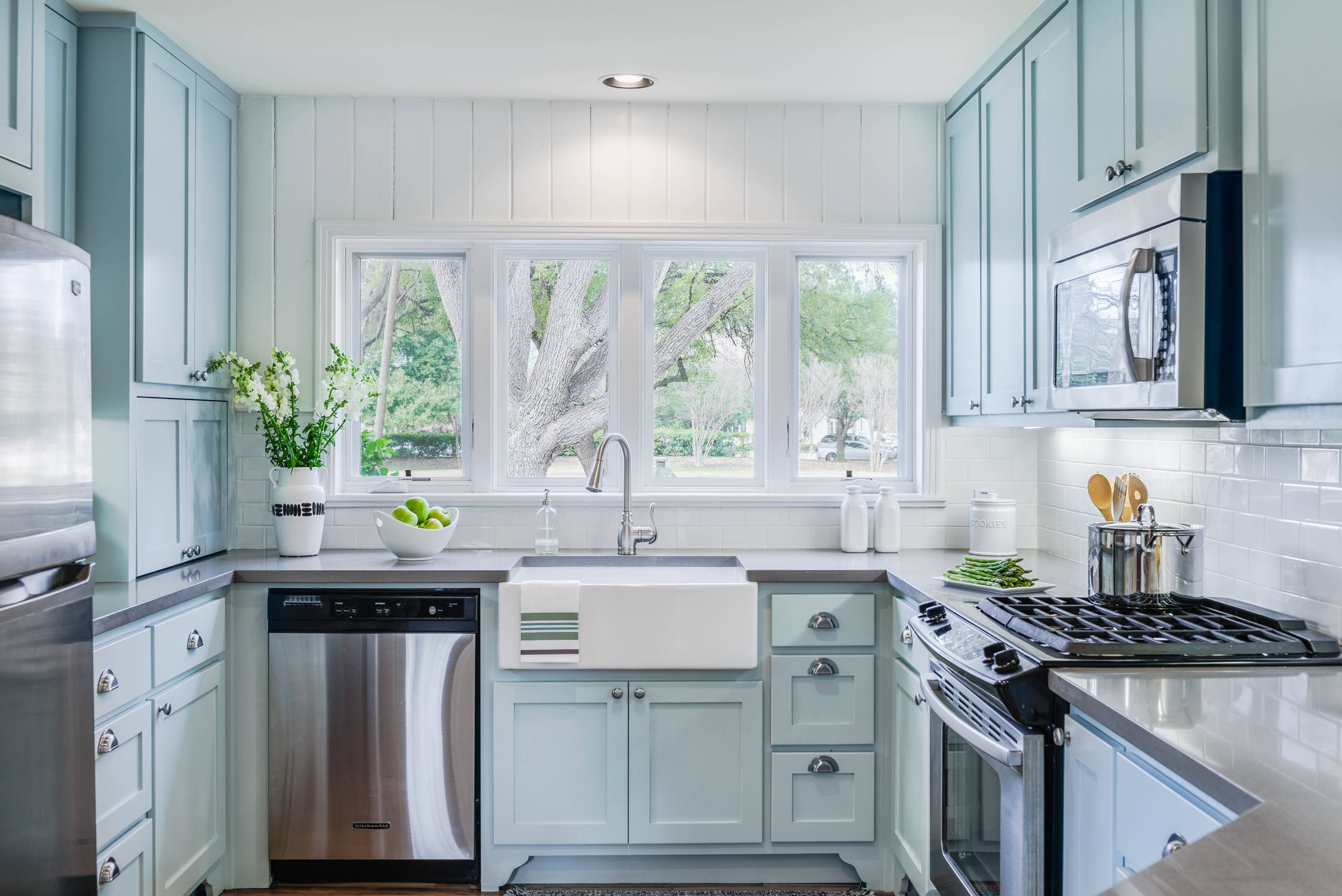A variety of “how to” tips for removing them from your toilet and other places
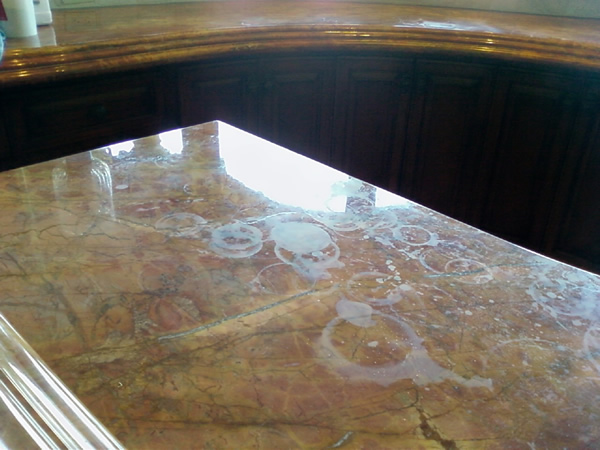
Nobody likes to talk about the toilet. We especially don‘t like cleaning it. And this is exactly why these bathroom workhorses are so often vulnerable to hard water stains. It’s easy to criticize others for their dirty toilets after you’ve done well enough for yourself to afford a housekeeper. But if you remember the days that you struggled, cleaning it was only necessary if you had guests, and even then only if it was someone special you wanted to impress. So, it’s too easy for hard water to build up, not just on toilets, but on faucets, showers and sinks, too, and leave rust and scale stains that seem impossible to remove. Unfortunately, these stains are indeed most precarious when they appear in the toilet. But it shouldn’t be a surprise. After all, it’s used all the time and hosts standing water continually.
Despite a wide array of cleaning products on the market that claim instant success against these types of tough stains, the truth is the best cleaner are those of home formulas. One of the most problematic stains is that of the stubborn bowl ring. In fact there are several options that allow you to remove hard water stains without the use of harsh chemicals, and you can make them all at home.
For instance, baking soda and vinegar can be used to clean a wide array or surfaces. Try pouring a cup of vinegar into the toilet bowl and use a toilet brush to disperse it in a circular motion. Then, let it sit. About a minute later add approximately one cup of baking soda followed by another cup or two of vinegar. It will start to react and fizz. Let this continue for ten minutes. Swish the solution around with the brush and scrub the stains, including the ones above the water line. Let sit and repeat. Don’t flush until you’ve got it as spotless as possible.
If you happen to have Borax lying around, you may use that instead. It’s great for use on plumbing fixtures and hard stains. Just pour a quarter cup of the cleaning mineral into the bowl and whisk it around with a toilet brush. Add a cup of vinegar and let it all sit for about 20 minutes. Then, finish up by scrubbing the stains away.
You may even make a Borax paste. This may be necessary when dealing with 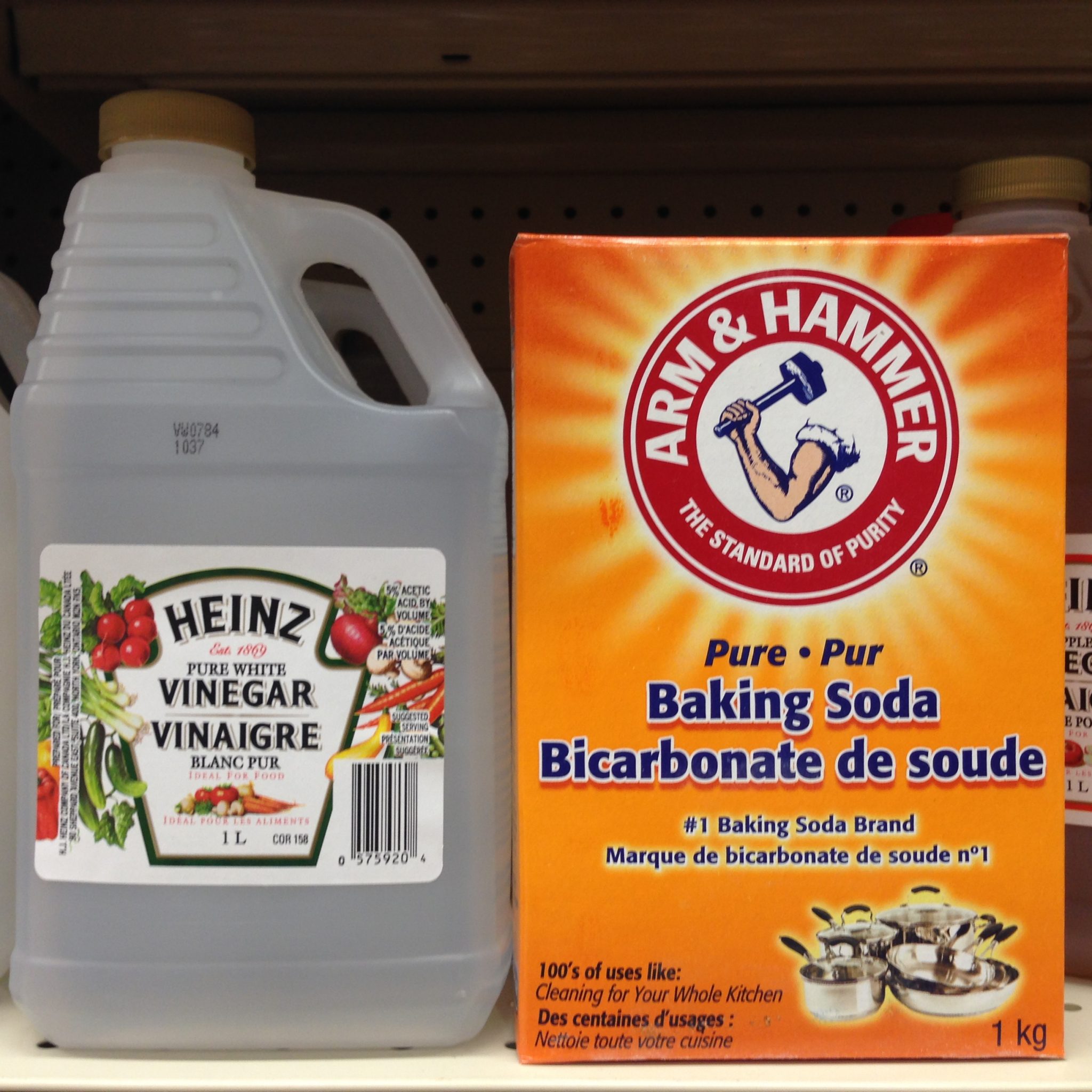 particularly hard water stains. You’ll need to shut off the water to the toilet and drain the bowl. The stains must be completely exposed and dry. Create a paste with a half cup Borax and enough vinegar to make a thick mixture. Apply the paste as soon as possible (otherwise it will harden and be useless), covering the stains. Let it work for 15 – 20 minutes before scrubbing the paste off, to reveal a newly clean surface. A toilet brush should be effective but for extra insurance a scrub brush may be better. Be certain to always wear rubber gloves when working like this – no matter what chemicals you work with it’s a necessary safety measure.
particularly hard water stains. You’ll need to shut off the water to the toilet and drain the bowl. The stains must be completely exposed and dry. Create a paste with a half cup Borax and enough vinegar to make a thick mixture. Apply the paste as soon as possible (otherwise it will harden and be useless), covering the stains. Let it work for 15 – 20 minutes before scrubbing the paste off, to reveal a newly clean surface. A toilet brush should be effective but for extra insurance a scrub brush may be better. Be certain to always wear rubber gloves when working like this – no matter what chemicals you work with it’s a necessary safety measure.
In respect to options, there’s yet another approach to these tough stains, and this is one you likely haven’t thought of. It sort of belongs in the fight fire with fire category. Sometimes these stains are so tightly adhered, they look and feel like sandpaper. Well, why not use actual sandpaper to remove them? You’ll want to use the fine grit wet variety. If you can’t find that specifically, plain fine drywall sandpaper will suffice (NOTE: anything but “fine” texture will likely scratch the porcelain). Use it with a cleaner or even one of the solutions listed above, and never sand when the surface is dry.
Finally, let’s get to the no-brainer that we’re guilty of ignoring but maybe should start thinking about implementing – regular maintenance. Just take two minutes to apply a bit of Borax, vinegar and baking soda each week (and as needed), and you won’t run into the troubles of tough stains. You won’t even give them a chance to form when you stick to a regular cleaning routine, so aim for one and be troubled by hard water stains no more!
